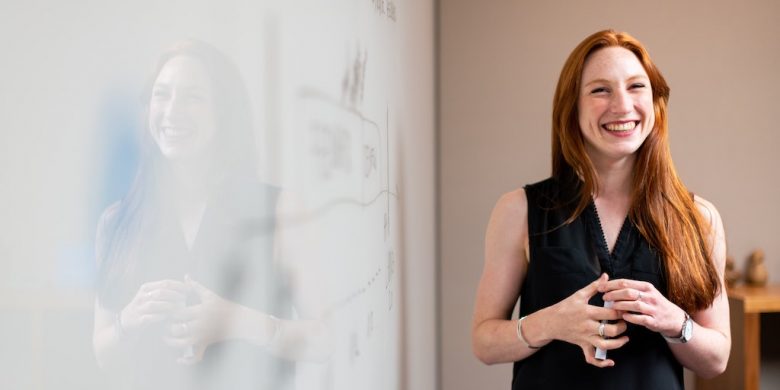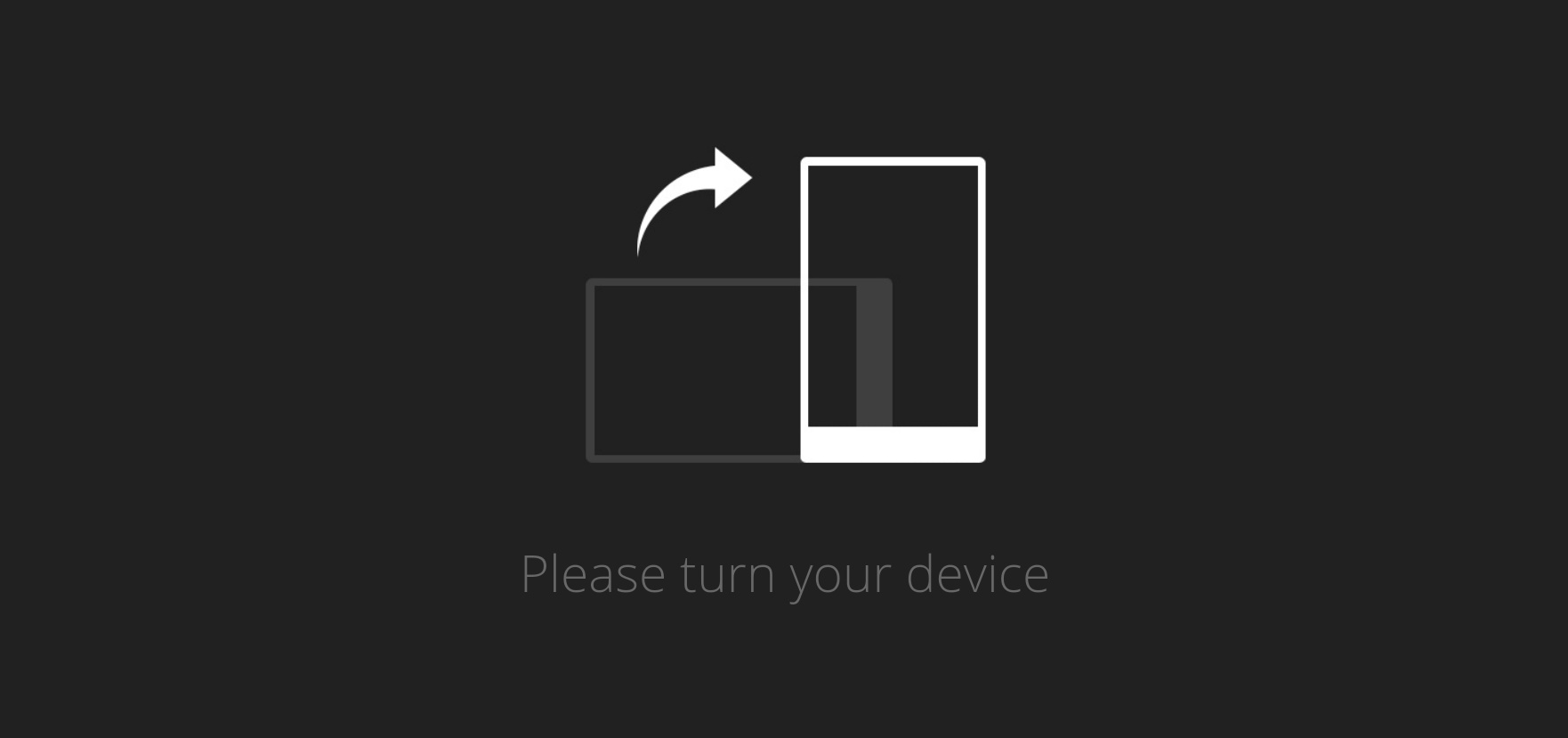
3 Impressive Young Aussies Breaking The Mould And Forging A New Way In Education

Take control of tomorrow, today.
In a profession as old as teaching, the task of shaking things up can seem downright daunting. Often, things have operated a given way for hundreds of years and, particularly to someone just starting out in the field, appear to be set in stone. Which makes the attitudes of three young Aussies studying at Victoria University (VU) wildly impressive, to say the least.
Thomas Hickland, Rose Thwin and Jeremy Guaglianone are all studying to become teachers and have just completed their first year at VU through the university’s revolutionary Block Model, which sees students complete one subject every four weeks, rather than juggling four subjects over the course of a semester or trimester. It’s an innovative, Australian-first approach to tertiary education.
Despite how easy it would be to walk the well-worn path of teaching, the students are forging a new one in their own unique ways – looking at different styles and ways of teaching and eager to put them into practice. We chatted to them about how they plan to break the mould in education and how the VU Block Model is helping them do it.
Jeremy Guaglianone
Jeremy Guaglianone says he knew education was the ideal course for him because he’s always enjoyed working with children. “It’s a really rewarding thing, being able to teach younger people and being able to pass down knowledge and experience,” he says. “I love having an impact on the future generations.” Jeremy also calls the study experience with VU’s Block Model rewarding, saying it works well for people like him who “just want to take their time and put in their absolute best at university”.
He says his teaching style will focus on making the process of learning more engaging. “I think at the moment, there’s a big stereotype around teaching – that it’s the teacher teaching and the students listening,” he says. “The teacher writes on the whiteboard and the students simply take notes.”
Jeremy wants to change that by giving students a more active role in the classroom, steering them away from the traditional pen and paper and instead involving them in discussions and activities. “I’d make the content more relatable to real-life experiences so students know why they’re learning it and the ways it’ll apply to their life outside of school,” he says.
In addition to this, Jeremy also wants to become a mentor to students – someone they can come to for advice. “I want to have a positive impact on my students in their own lives,” he says. “Just in general, I’m really good at building those relationships with younger people.”
Thomas Hickland
Like Jeremy, Thomas Hickland has also always enjoyed working with kids. It was his time as a kindergarten inclusion support worker that led to him deciding to study education with hopes of becoming a kindergarten teacher.
Before enrolling at Victoria University, Thomas says he didn’t do well in high school or at the other university in Melbourne he initially attended and then deferred from, eventually deciding to take a three-year break from study to travel South America.

Image: Taylor Wilcox / Unsplash
“I wasn’t organised enough to juggle all my classes at once and then by the end of the semester, I had all these assignments due,” he says. It was VU’s Block Model that made him reconsider study. “I thought if I just had one thing to focus on and then move onto the next, that would really benefit me, and it really has, I feel,” he says.
It’s an experience he plans to draw upon for his own teaching style. “What I’ve been learning is that there are all different types of learners and all different ways to retain knowledge,” he says. “I would want to try to teach the same thing in a whole lot of different ways so that every type of learner has the most chance to absorb it.”
Rose Thwin
And, finally, Rose Thwin, a student who originally wanted to study psychology but was so inspired by her year 12 teachers that it made her realise education was something she herself was also passionate about. “Learning is so important to me because I think we can all do it at any age,” she says.
Her unique way of teaching? Rose says she’d want her future students to be up and moving. “I don’t want them to be sitting down, being lectured at,” she says. “I’d want them to move around because we learn a lot when we move our bodies even though we don’t realise – a lot of muscle memory and things like that.”
Additionally, she says she’d want to look at teaching kids important values like being kind to everyone and treating others how you want to be treated, so they’re aware of them from an early age.
Rose credits her teachers at Victoria University with helping her to understand her future teaching style, as well as what kind of teacher she wants to be. “I observed how they go about helping out with assessments and being supportive,” she says.
“That’s something I would want to implement in my own teaching – to be supportive no matter what and make sure students know it’s okay to make mistakes and that they’re going to be supported no matter what.”
Like Jeremy and Thomas, Rose also praises the VU Block Model. “My timetable is much more flexible,” she says. “I’m such a busy person. I try to work as much as I can and the Block Model has accommodated to that so much. I don’t feel as stressed compared to some of my other friends at other unis. I’m able to manage my time wisely.”
This article originally appeared on Junkee.
—
Choose VU, start 2021. Visit Victoria University’s website to learn more about the wide range of courses available through VU’s revolutionary Block Model.
—
(Lead image: Thisisengineering RAEng / Unsplash)
